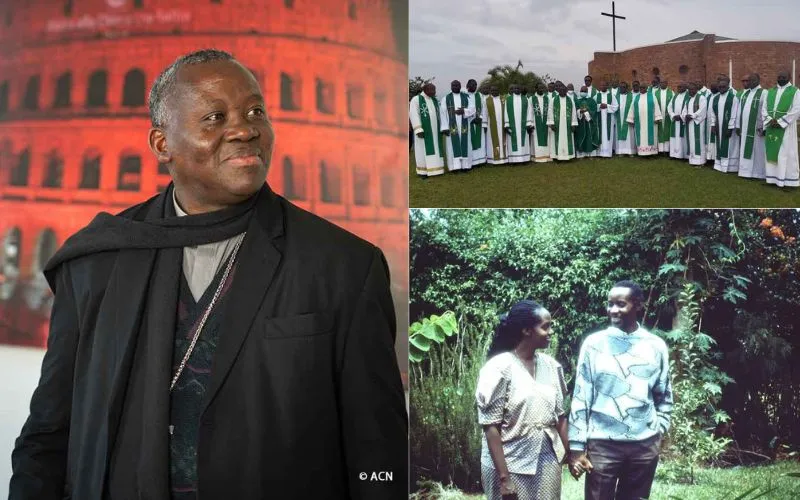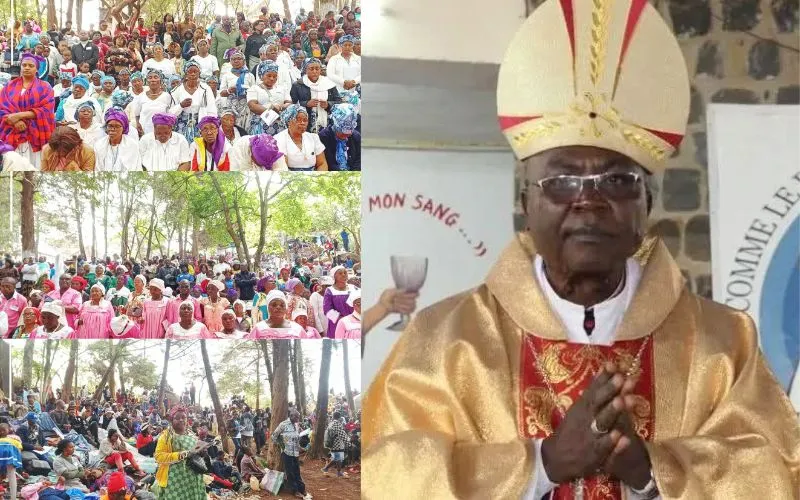Kigali, 11 April, 2025 / 6:15 pm (ACI Africa).
The 1994 Rwandan genocide in which an estimated 800,000 people were killed left the Catholic Diocese of Byumba in the Northwestern region of the country with a severe shortage of Priests.
In his “recent” visit to the Catholic Pontifical and charity foundation, Aid to the Church International (ACN), Bishop Papias Musengamana of Byumba Diocese said that Priests in his Episcopal See, as in all other Dioceses in the country, were either killed or forced to flee during the genocide.
Bishop Musengamana told the Pontifical foundation how his Diocese recovered from the almost complete absence of Priests after the 1994 genocide and spoke about the meaning of pastoral work with families and young people.
Asked by ACN how the genocide affected the Church and the Clergy, the Rwanda Catholic Bishop is quoted as saying in the April 7 report, “During the genocide many Priests were killed or fled. In my Diocese there were only three or four left. We had no hope that we would one day have enough Priests again for the parishes. But in the end, there were many young men who entered the Seminary.”
“Today, 30 years later, my Diocese has more than 130 Priests! The majority are really young, as they were ordained after 1994,” the Local Ordinary of Byumba Diocese since his Episcopal Consecration in May 2022 told ACN.








